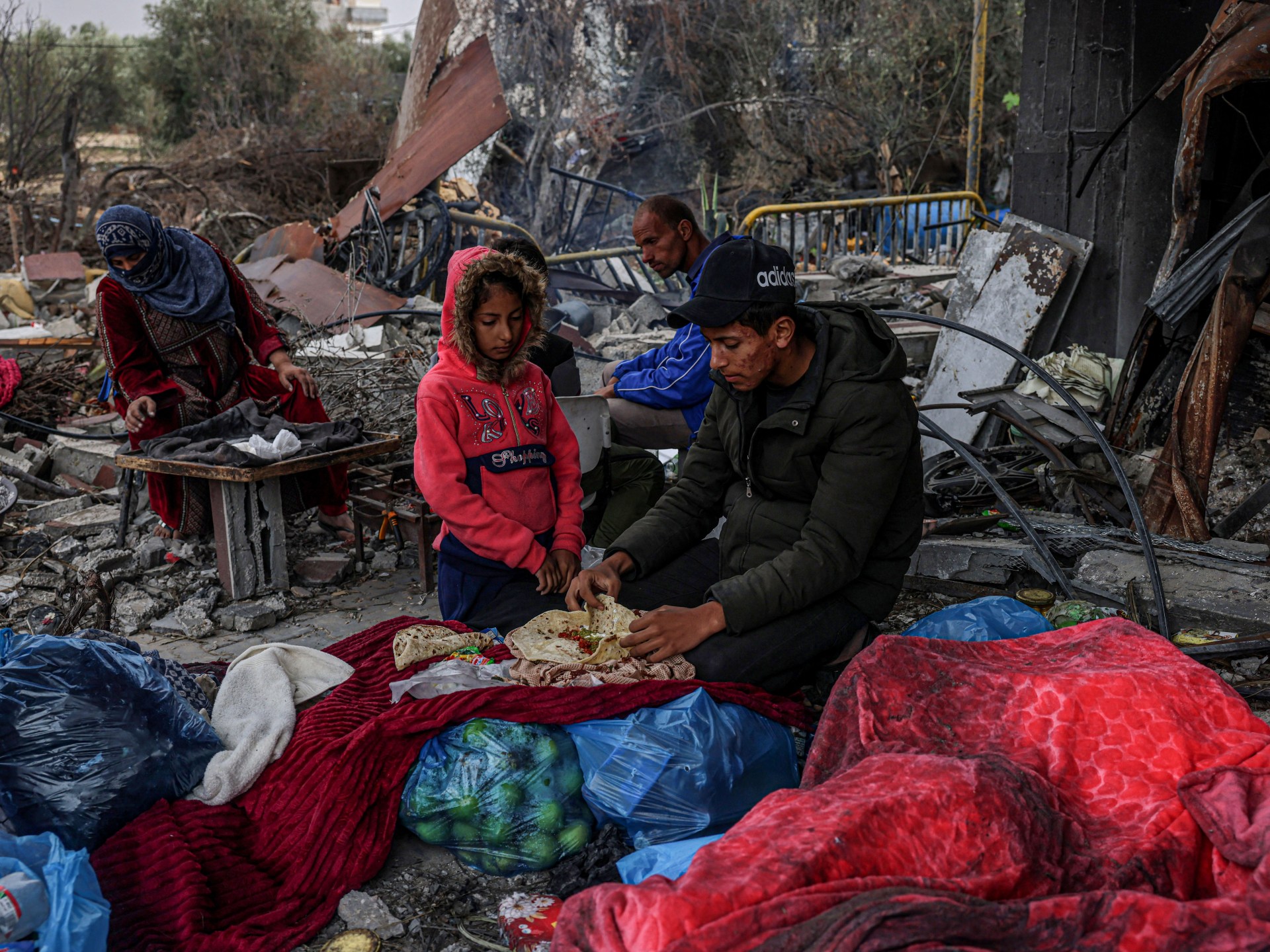UN expert urges immediate review of discredited UK sentencing scheme — Global Issues
As of the end of 2022, close to 2,900 people were still being held under the scheme.
Unresolved legacy
Between 2005 and 2012, English and Welsh courts used the IPP legislation to issue indeterminate sentences to those deemed likely to cause serious public harm, “until they no longer represented such a risk”, said a press release issued by the UN human rights office OHCHR on behalf of the UN torture expert, Alice Jill Edwards.
These sentences were mandatory for more than 50 specified serious crimes initially, leading to a larger than expected number being incarcerated – a total of 8,711.
Crucially, the cancellation of the scheme after 2012 was not retrospective.
“The Government must step up its efforts to ensure rehabilitation opportunities for all those affected, as well as access to adequate and appropriate reparations,” said Ms. Edwards, officially known as the Special Rapporteur on torture and other cruel, inhuman or degrading treatment or punishment.
Disturbing suicide rate
A recent parliamentary report on the nearly 3,000 prisoners who remain under the scheme, brought attention to the significant psychological distress experienced by these inmates.
This includes elevated instances of self-inflicted harm, thoughts of suicide, efforts at self-harm, and tragic instances of suicide.
‘Cruel, inhuman and degrading’
“The distress, depression and anxiety caused by this scheme is severe for prisoners and their families,” Mrs. Edwards said.
Moreover, IPP prisoners are reportedly about 2.5 times more susceptible to self-harm than the general prison population, with Government data from 2021 revealing 65 cases of suicide among IPP prisoners.
“For many, these sentences have become cruel, inhuman and degrading. They have been acknowledged by successive UK governments and even described as indefensible by a justice minister – yet they persist,” she said.
Call for change
Having communicated with the Government and other experts, Mrs. Edward underscored that the programme violates essential principles of fair justice and the rule of law, and individuals reintegrated into society under IPP can be re-incarcerated at any point.
Mrs. Edwards conveyed her concerns over a lack of funds for effectively overseeing IPP prisoners, which has led to restricted entry to essential rehabilitation initiatives.
Furthermore, she highlighted the concept that indeterminate sentences should be employed sparingly and preserved for only the gravest crimes.
‘Mess’ of a system
Without safeguards, “we are left with the mess that is the UK’s IPP system, where people are held without being able to prove that they deserve to be released. It is therefore not surprising that many IPP prisoners are in a much worse mental state than at the time they were sentenced,” she said.
Special Rapporteurs and UN Human Rights Council-appointed independent experts who serve on Working Groups are not UN staff and are independent from any government or organisation. They serve in their individual capacity and receive no salary for their work.
Check out our Latest News and Follow us at Facebook
Original Source





